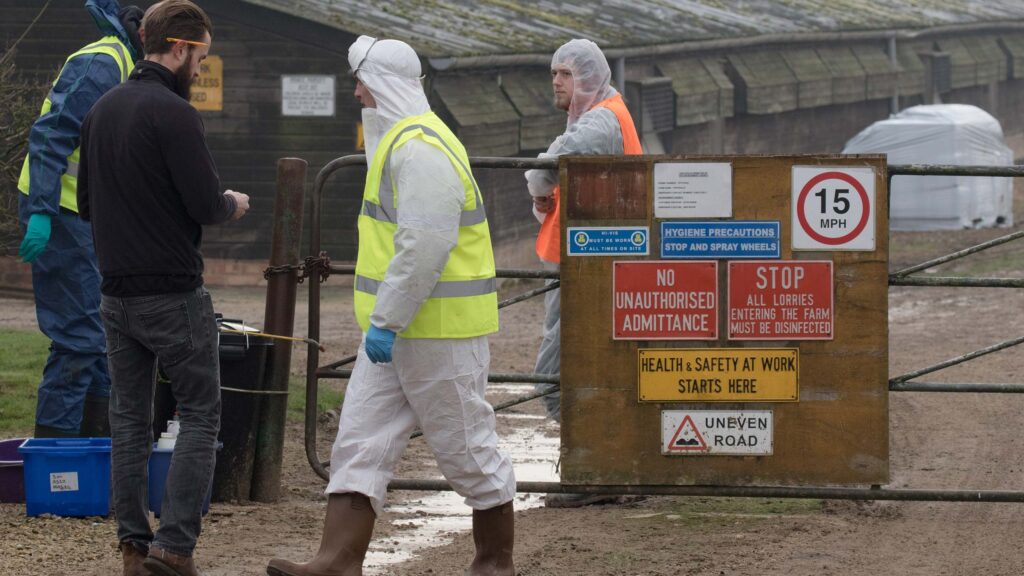Bird flu makes an unwelcome return in backyard flock
 © Tim Scrivener
© Tim Scrivener Highly pathogenic avian influenza has made an unwelcome return, with a backyard flock of 60 chickens, 20 ducks and five geese confirmed with the disease at a small unit near Ravensthorpe in West Yorkshire.
A 3km protection zone and 10km surveillance zone have been declared around the premises and all poultry at the site will be humanely culled.
See also: Avian influenza – one farm’s robust plans to combat the threat
The timing has left the industry frustrated, coming almost four weeks after the last outbreak (in a backyard flock in Dorset) and two months after one in a commercial turkey flock in Yorkshire.
“The last restriction zone around the Dorset case was lifted on Tuesday [10 June], and less than 24 hours later, we have another one, which puts us back to square one,” said Gary Ford, head of strategy at the British Free Range Egg Producers Association (Bfrepa).
“It’s really like a game of snakes and ladders. You’re going along nicely, then land on a snake and you end up at the beginning again.”
It is understood that Defra was well on the way to persuading the World Organisation for Animal Health to declare Great Britain officially avian influenza-free, potentially reopening a number of export markets that require that status.
Northern Ireland achieved AI-free status on 14 May.
While export outlets are clearly more important for the meat sector than the egg sector, with things like wings and feet needing to be shipped abroad, the trade bans do have an impact on breeding stock for laying hens.
Mr Ford added that the reappearance of H5N1 avian influenza was not unexpected, given that the official Defra status was still “medium” for premises with “sub-optimal” biosecurity, and the risk in wild birds deemed “high”.
It is estimated that 10% of wild birds found dead have been carrying the disease.
The fear is that these sporadic cases may continue over the summer and into the autumn, when the next seasonal bird migration starts.
“Defra is really concerned that it will oversummer in waterfowl – particularly coastal gulls – which means the risk later in the year could be significantly higher than previous years,” said Mr Ford.
However, he praised Defra, saying the latest confirmation vindicated its approach to controlling the disease, including maintaining the Avian Influenza Prevention Zone across the country and the continuing ban on bird gatherings, such as at agricultural shows.
